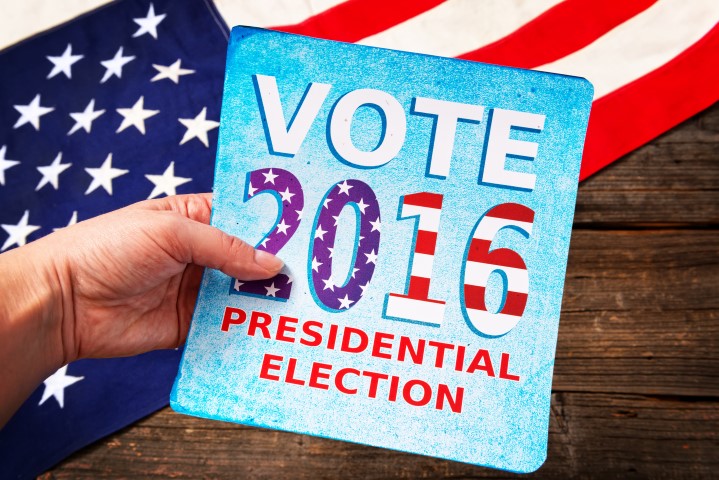The election of a new president can usher in new policies that may change the economic and business environment. As the Democratic and GOP Primaries gather pace, many small business owners will be looking at how candidates’ policies will affect their enterprises and livelihoods. Here’s what to look out for as the Presidential nominations ramp up.
Labor Laws
Labor laws can take various forms. One increasingly prevalent trend across many states is an increase in the minimum wage. Affecting both small and large companies, an increase in the minimum wage can drastically increase overheads. Politically speaking, it has its proponents. But for small businesses, it is rarely welcomed. Other examples include potential introduction of maternity and paternity leave and changes in insurance, which are a burden for employers.
Tax
Incoming presidents can push for tax reforms. Small business owners will hope for a reduction in corporate taxes or hoping against any rise in tax rates. Any change in rates could significantly affect a company’s bottom line.
Monetary Policy
The economic levers are controlled by the Federal Reserve, not the President. But that’s not to say the President isn’t without influence – after all the President appoints the Federal Reserve Board members. Quantitative Easing, for example, lowers interest rates which makes borrowing cheaper for everybody, including small businesses. A period of low interest rates is often a good time to invest. Interest rates are also associated with a rise in wealth, which is usually good for any business.
Industry Specific Legislation
Many incoming Presidents are backed by industry lobby groups and advocates. This may mean that certain industries may experience a loosening of regulation, or a tightening. For example, a President sympathetic to the NRA could be seen as a boon for firearms manufacturers and retailers.
Small Business Assistance
Small business assistance is designed to boost small companies through tax breaks, grants, and cheap loans. These can make a big difference to small business owners. Support for such initiatives is often political and Presidents may decide to push for increases or decreases in business assistance.
Foreign Policy
If a small business sells to a particular foreign market, foreign policy can affect access to it, or in some cases block it outright. A company selling to Russia in 2014, would soon see its access to the Russian market blocked by sanctions, initiated by the US government. A President who is particularly hawkish on foreign policy may concern industries that rely on certain foreign markets.
Red Tape
The more rules an industry has to adhere to, the more barriers there are to producing and selling products and services. This can take the form of licencing, certification and heath and safety rules.






 RSS Feed
RSS Feed
